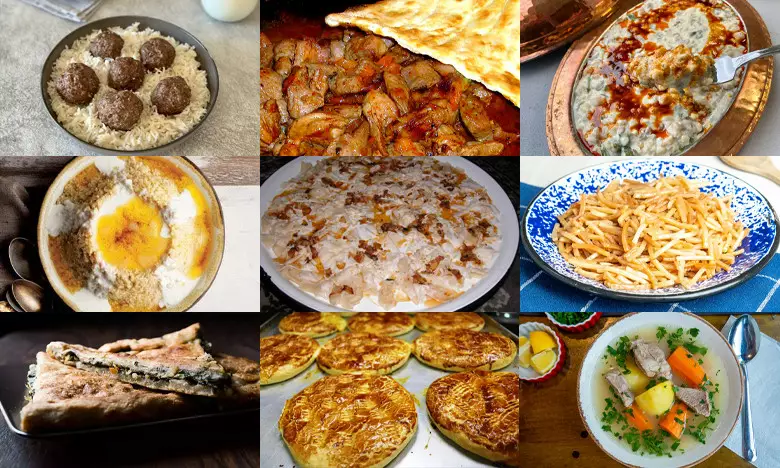List of What to Eat in Ağrı
Ağrı is a city located in the Eastern Anatolia Region of Turkey. This region has a rich cultural heritage and is famous for flavors reflecting the characteristics of traditional Turkish cuisine. Some local flavors you can try in Ağrı are:Abdigor Meatballs
Abdigor meatballs are one of the most popular dishes of the local cuisine, named after the Doğubeyazıt district of Ağrı. This meatball, prepared with beef, rice, bulgur, onion, garlic and spices, is a delicious and satisfying meal.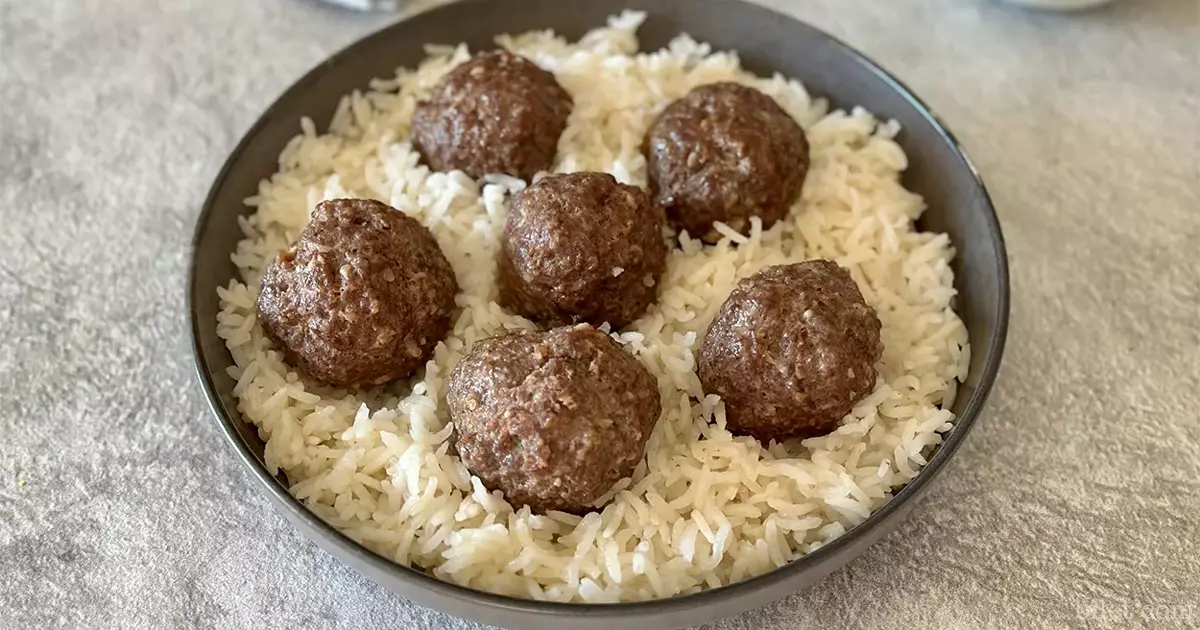
To make Abdigor meatballs, first wash the beef, rice and bulgur. Onion and garlic are grated. All ingredients are mixed in a bowl and spices are added. Knead the meatball mixture thoroughly and form walnut-sized meatballs.
Gosteberg Meat
Gösteberg meat is a unique and delicious local dish of Ağrı. It is prepared by roasting lamb or kid meat and is also called "Göşte". It is especially loved in the Doğubayazıt region.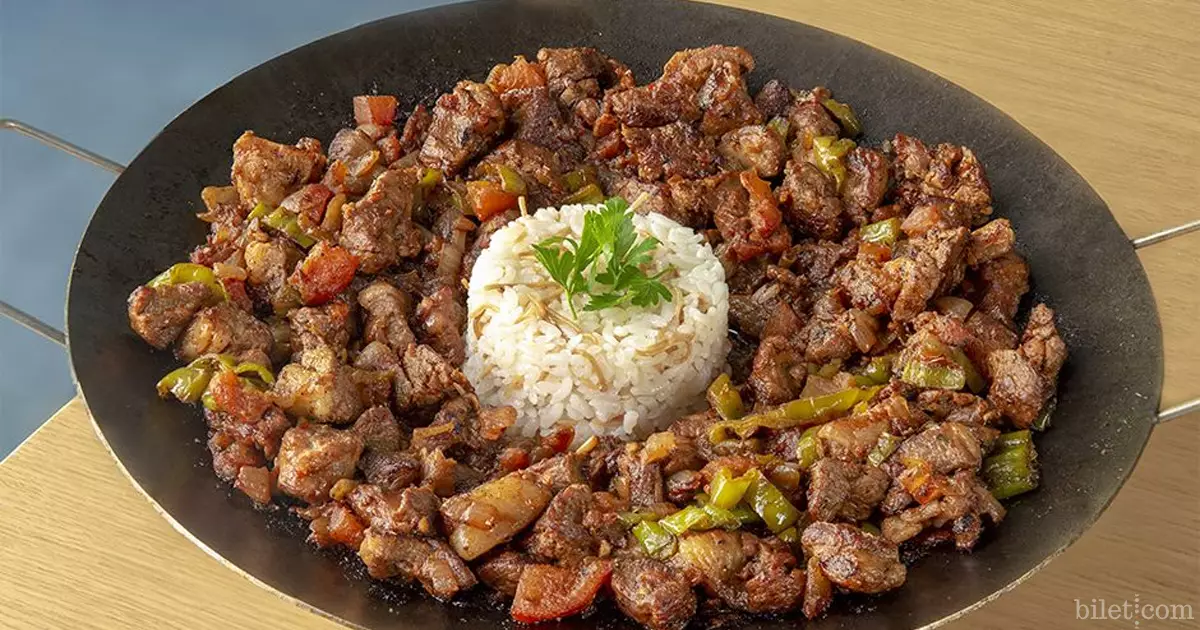
Preparation of Gösteberg meat is traditionally done in underground ovens or by burying it in sand. However, you can easily prepare it at home. Here are a few recipe options:
Keledosh
Oh, Keledosh! We can say that it is a kind of festive dish of Eastern Anatolia, especially Van and surrounding regions. Even though it takes some time to prepare, the resulting taste is worth everything.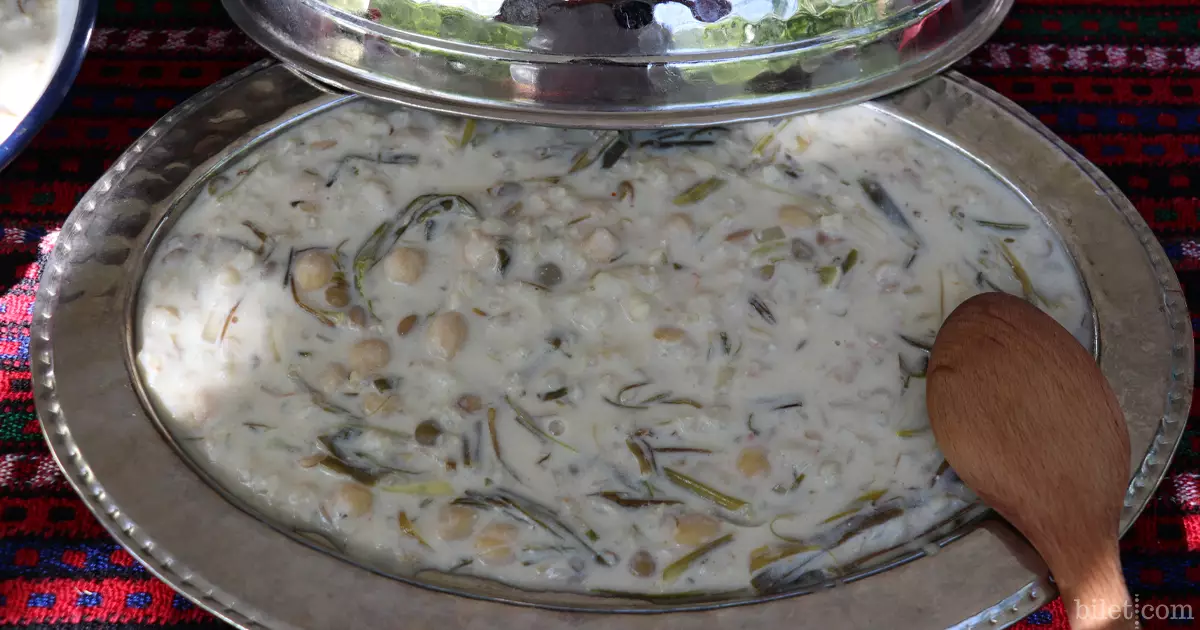
Keledoş can be considered as a soup or main dish made using chickpeas, lentils, meat, spices and, of course, ingredients specific to the Van region. Here is information on its preparation and a little tip:
sizing
Hashıl is a soup widely consumed in the Eastern Anatolia Region. It is prepared with barley, wheat or lentil flour. Hasıl is a satisfying and nutritious meal.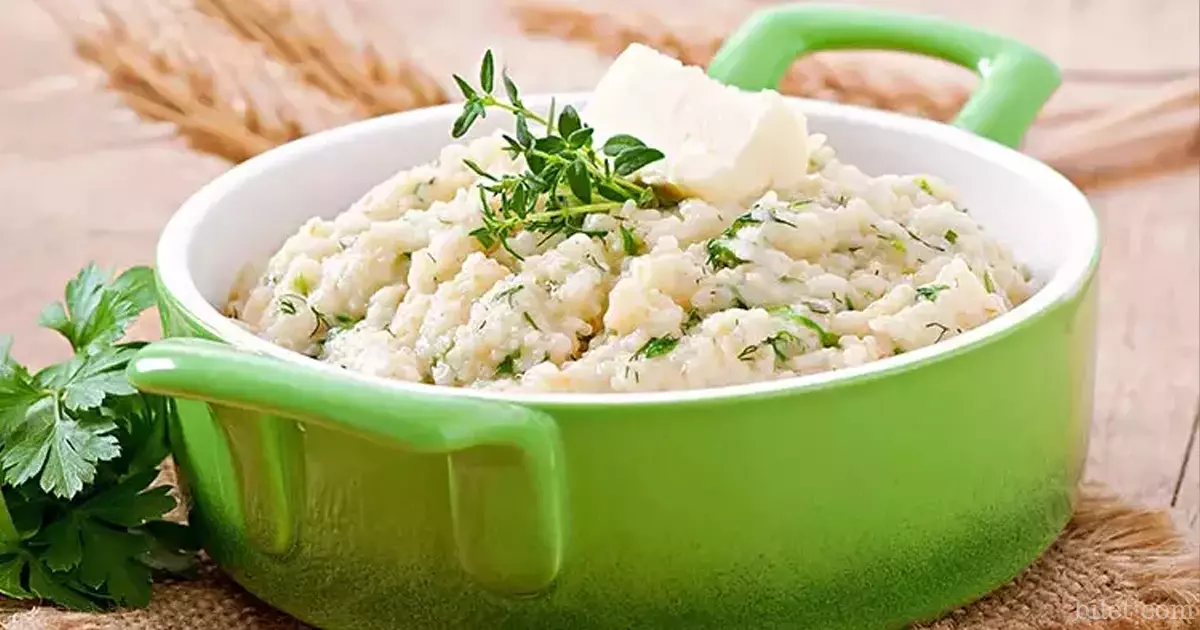
To prepare the hashıl, first place the barley flour in a pot. Add water and mix. After it starts to boil, it is cooked on low heat. You can add water to adjust the consistency of the soup. Add salt after the soup is cooked. Serve with yoghurt, garlic and butter.
Hengel
Hengel is a local flavor of Ağrı. This dish, prepared by putting cheese, minced meat or vegetables into thinly rolled phyllo dough, wrapping it and frying it, is a delicious and satisfying meal.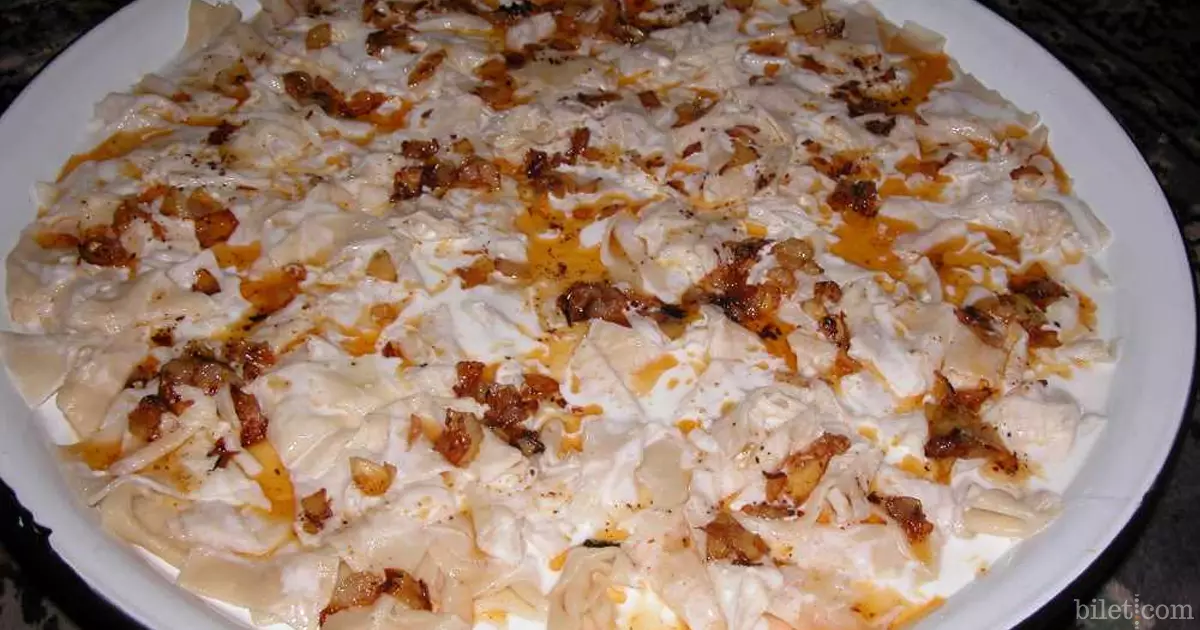
To prepare the hengeli, firstly, the phyllo dough is rolled out thinly. Cheese, minced meat or vegetables are placed inside the phyllo dough and wrapped. The wrapped hengels are fried in hot oil. The fried hengels are placed on a serving plate and served with garlic yoghurt poured over them.
Noodle
Ağrı noodles is one of the most popular dishes of Ağrı's traditional cuisine. These noodles, cut into thin and long sticks, are often used in soups or meat dishes.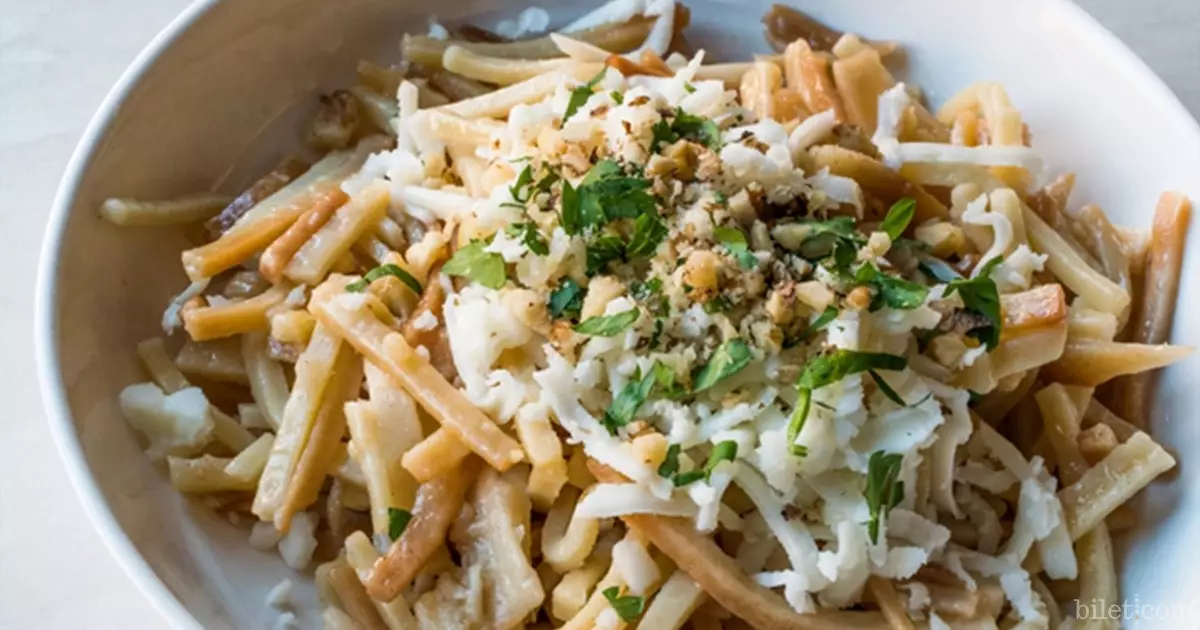
Making Ağrı noodles is a very laborious task. It takes a lot of time and effort to knead, roll out and cut the dough. Therefore, Ağrı noodles are usually made at home.
Ciriş Kete
Ciriş Ketesi is a local flavor of Ağrı. This pastry, prepared with asphodel herb grown in the region, is a delicious and satisfying dish.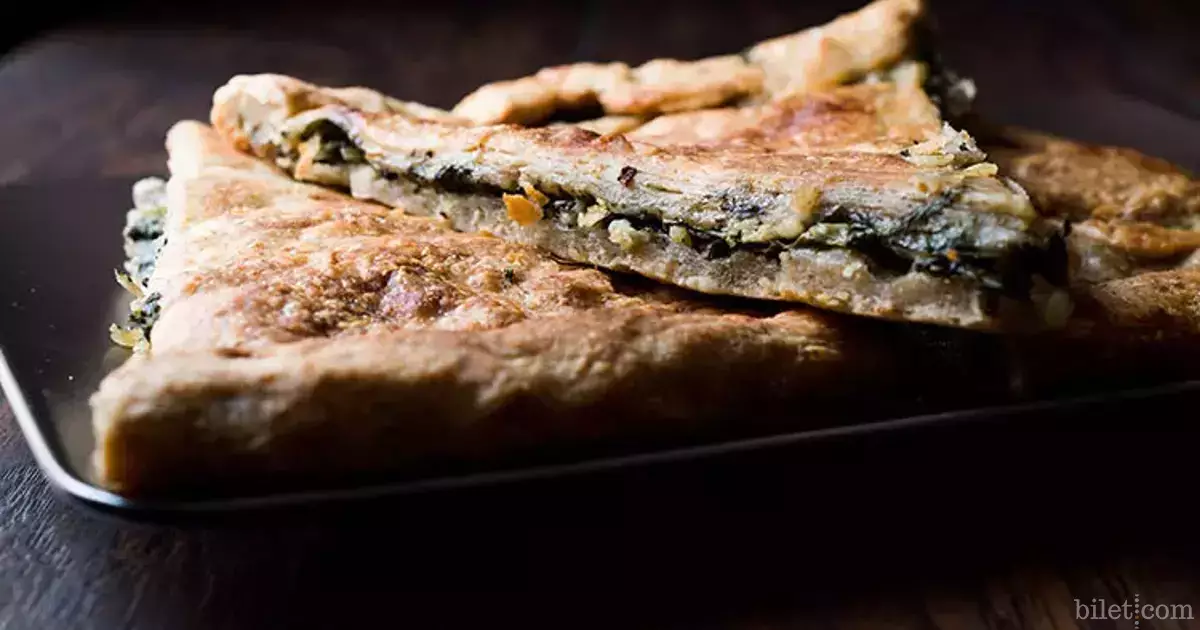
Ciriş grass is a type of wild grass that grows widely in the Eastern Anatolia Region. Asphodel, collected in spring, can be consumed fresh or stored by drying. Ciris herb is a food source rich in vitamins and minerals.
kete
Ağrı ketesi is a traditional pastry of Ağrı. Kete, made by placing ingredients such as walnuts, cheese, potatoes or minced meat on a thin sheet of dough, is usually consumed for breakfast or snacks.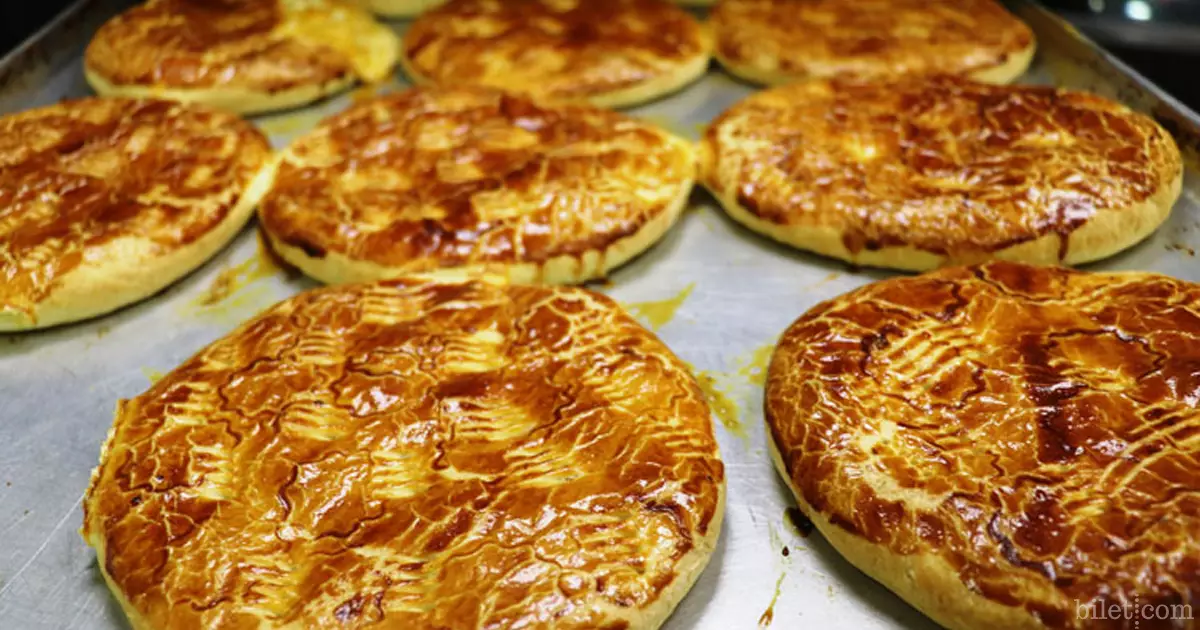
Ağrı ketesi is a delicious and satisfying pastry. It is one of the most popular dishes of the traditional cuisine of the Eastern Anatolia Region.
Boiled Lamb
Ağrı boiled lamb is a dish that is not very different from a classic boiled dish, but stands out by leaving the potatoes large.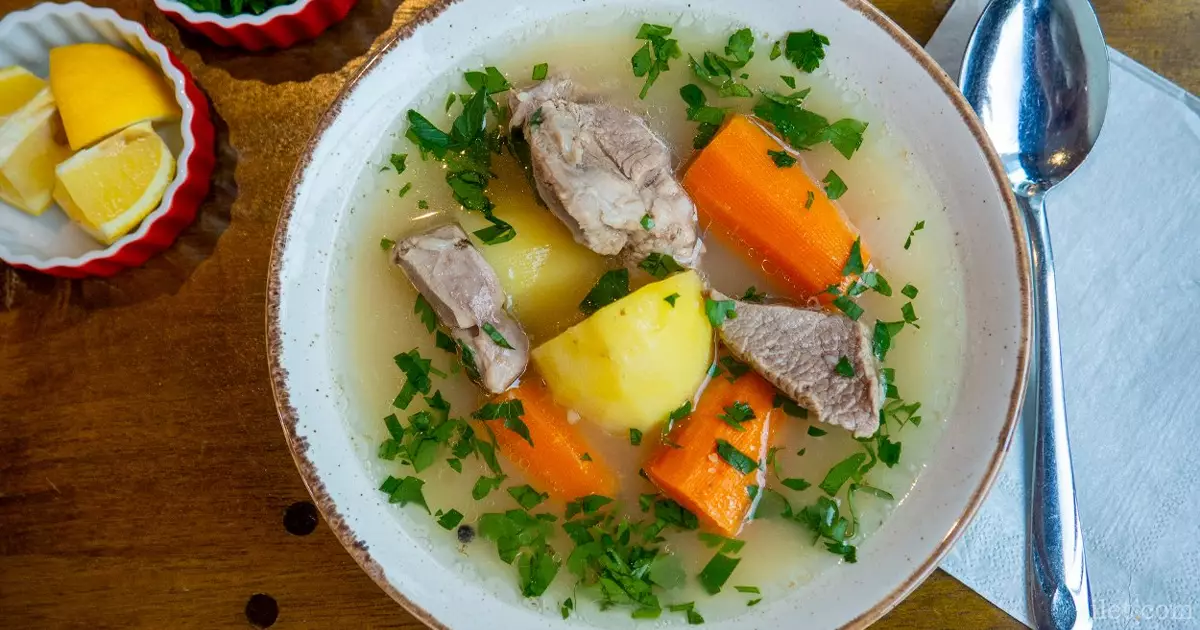
Ağrı boiled lamb is usually served with pilaf or bulgur pilaf. Combined with the tenderness of the meat and the large size of the potatoes, this dish provides a satisfying and delicious meal.
False Meatballs
Unlike the classic false meatball recipe, flour is also added to bulgur in Ağrı false meatballs. In this way, meatballs become even more delicious and satisfying.
Ağrı false meatballs are usually served with yoghurt, tomato paste and pickles. It can also be served with rice, pasta or bulgur pilaf.
Keşkek Dinner
Ağrı Keşkeği is a traditional dish of Ağrı. This dish, made from wheat, meat and spices, is one of the most popular dishes of the Eastern Anatolia Region.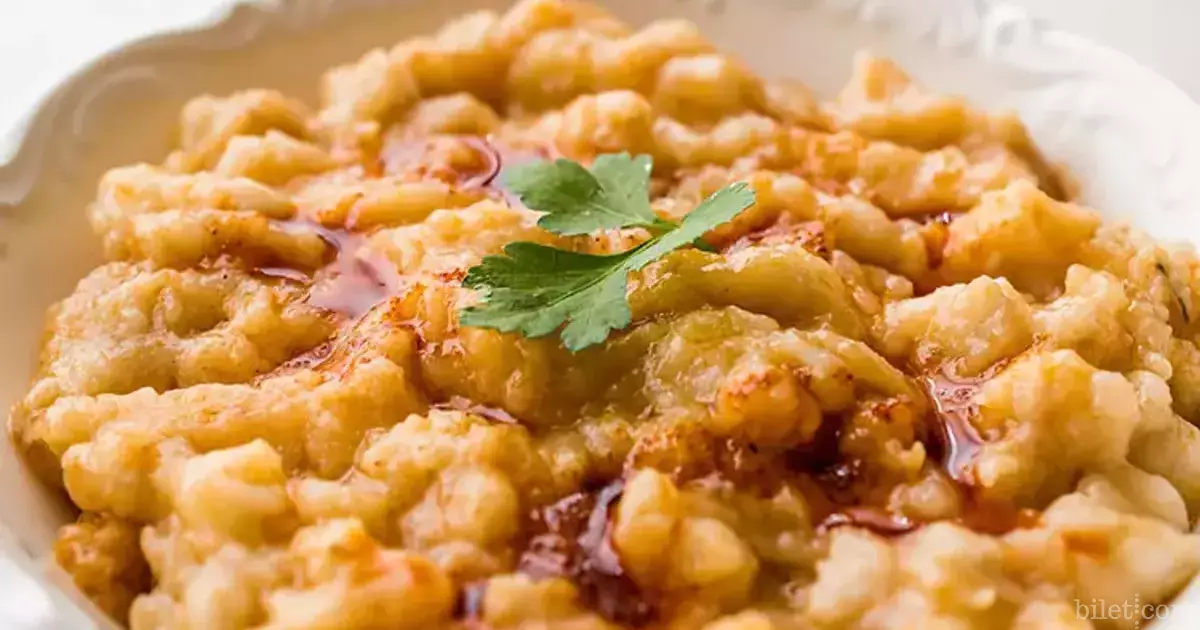
Ağrı kaskegi is a delicious and satisfying dish. It is one of the most popular dishes of the traditional cuisine of the Eastern Anatolia Region.
Ağrı Pilaf
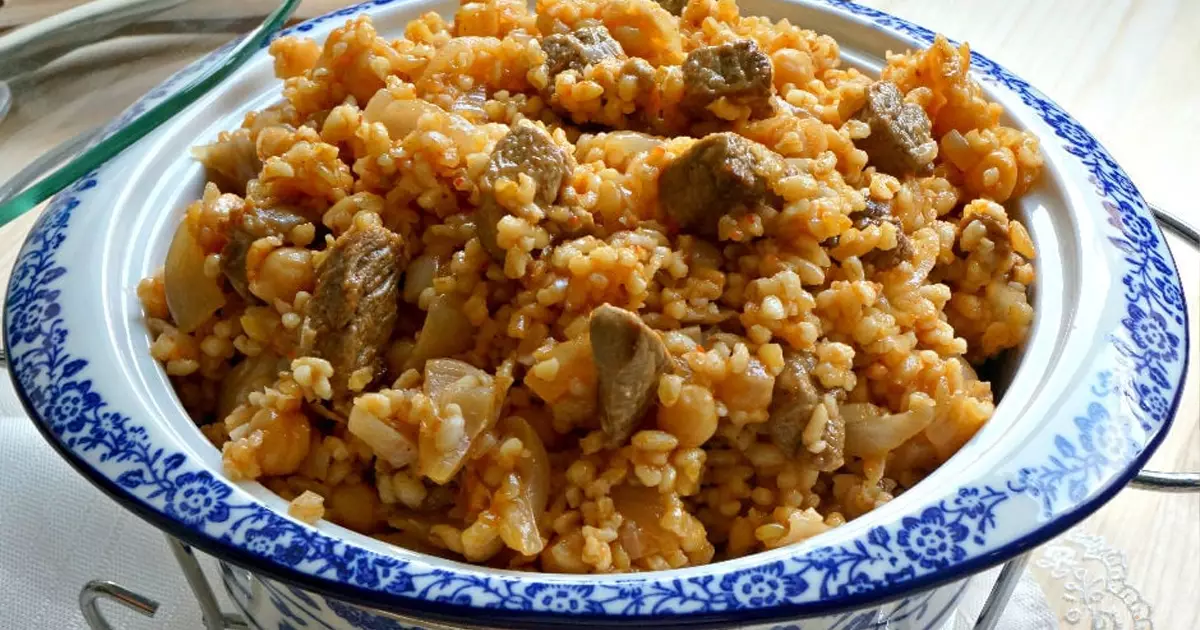
This dish, made from bulgur, onion, tomato and spices, is one of the most popular dishes of the Eastern Anatolia Region. Ağrı pilaf, unlike other pilafs, is made from bulgur, onion, tomatoes and spices.
Selekeli
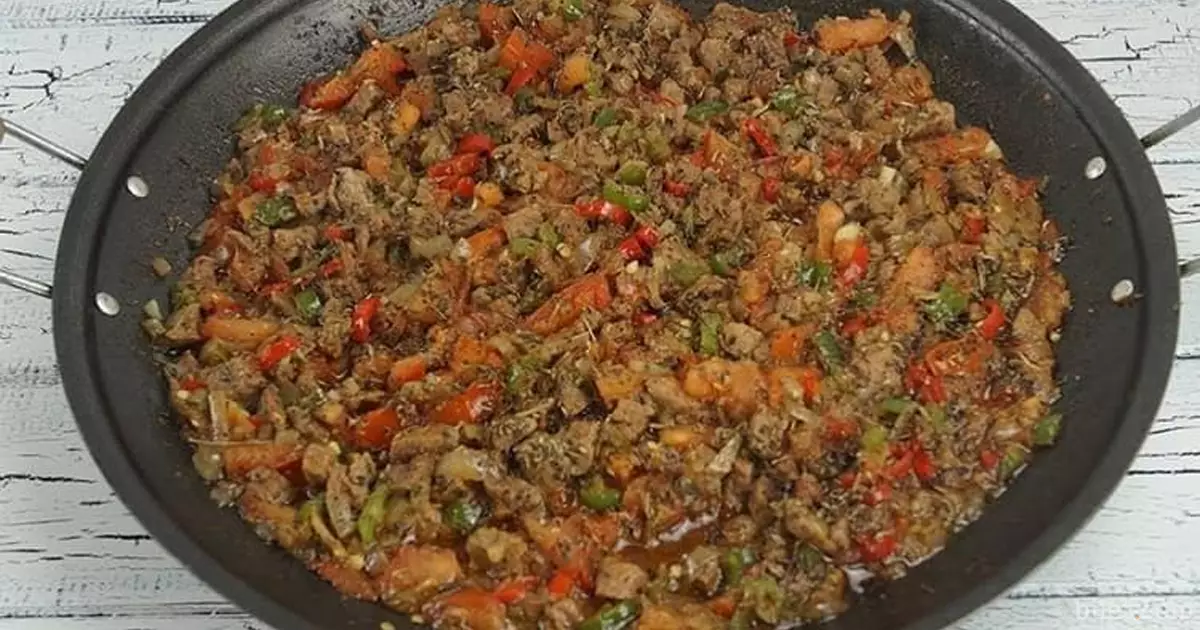
Selekeli is one of the popular meat dishes of Ağrı cuisine. Selekeli, which is frequently made especially in the Doğubayazıt district, is usually prepared with fresh lamb or kid meat in the spring months. It is also possible to think of this dish as a kind of roasted hair.
White Honey

Ağrı White Honey is a type of honey produced in the Doğubayazıt district of Ağrı. The reason why this honey is white is the pollen collected by bees from flowers growing in high altitude mountains. A substance in the structure of these pollens enables the honey to crystallize and turn white.
Hasuda
Ağrı hasuda is a type of dessert widely consumed in the Eastern Anatolia Region. It is widely performed especially in Ağrı province. Ağrı hasuda is a light and delicious dessert made with flour, sugar and water.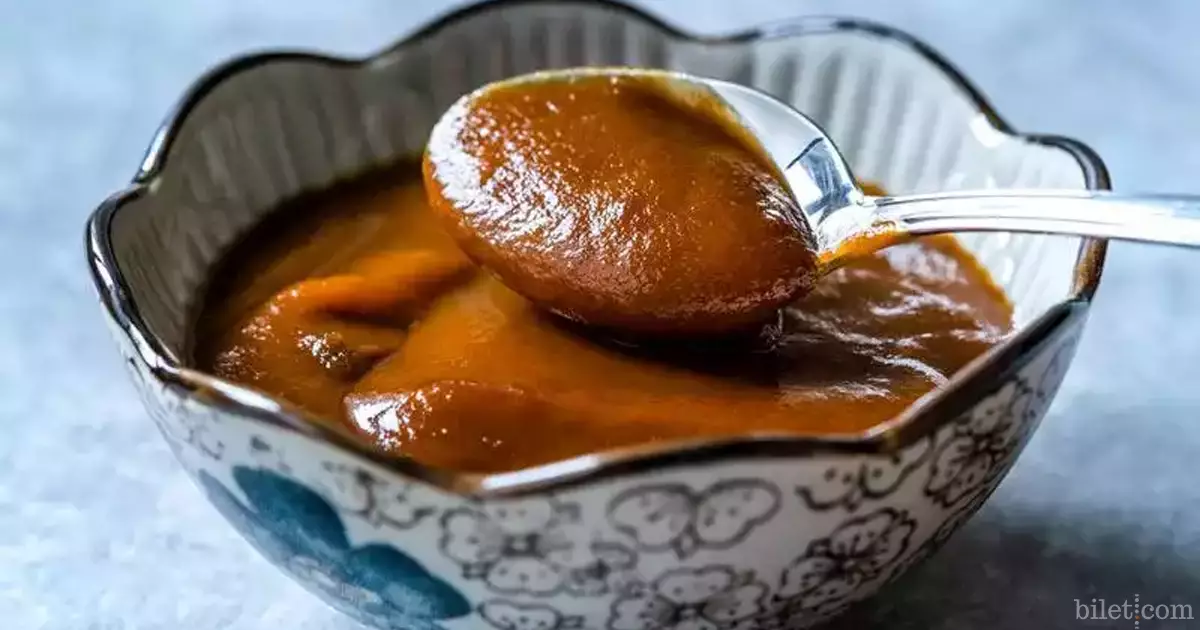
Ağrı hasuda is very easy to make. Flour, sugar and water are placed in a pot and mixed. Then, it is cooked over low heat. While cooking, it is necessary to stir constantly. When it reaches a sweet consistency, it is removed from the stove and served.
